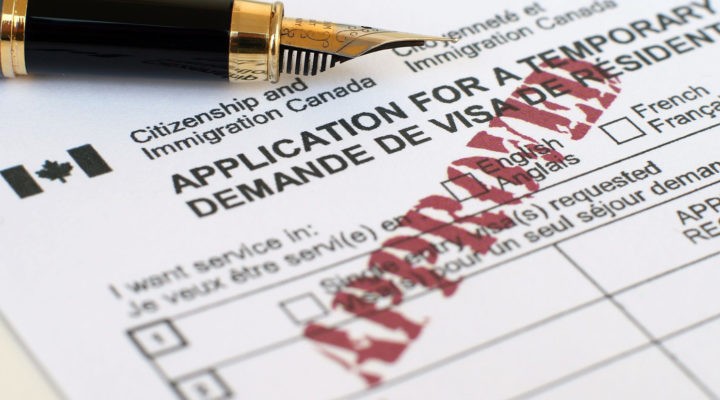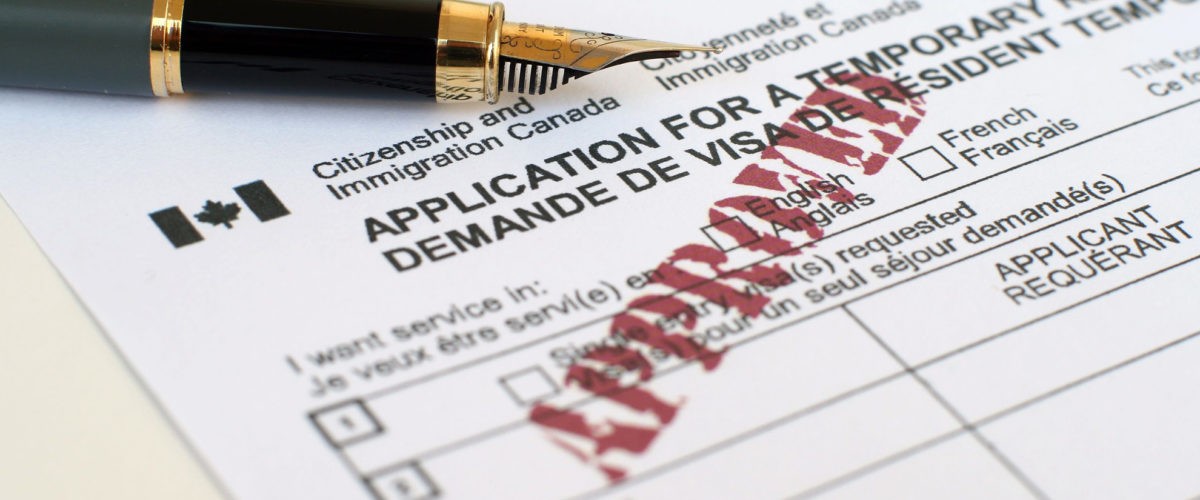In Johannesburg, South Africa, 8,000 miles away from the White House, Achy, a 39-year-old immigrant Baptist pastor from Zimbabwe, relentlessly watches events in Washington.
From double impeachment to Biden’s first 100 days in office — on paper this stuff should not have any direct impact on Achy’s life.
Except that Achy is restless and is finalizing paperwork for a tourist visa to Mexico. “Touring Mexico is a disguise,” he said. “My real plan is to proceed northward to the U.S. southern border in Tijuana for asylum as soon as Biden takes office and the anti-refugee temperature cools.”
It is reasonable to say Donald Trump’s policies at the southern U.S. border frightened off many would-be asylum seekers like Achy, said Kimberly Mutandiro, an independent media fellow in South Africa who has written extensively about the complex lives of transnational refugees in the Southern Africa region.
Pastor Achy, a husband and father of one, first thought of flying to Mexico en-route to the Tijuana/California border to ask for refugee protection three years ago.
“The ripping of babies from mothers by ICE, and quickened deportations flights from the U.S., all this made me hedge bets that Trump would lose the election first, and afterward I’d begin my journey,” Achy whispered on the side lines of a church in-house crusade in Johannesburg.
He has led a 60-member strong church in the past five years in Johannesburg where he lives among the millions of Zimbabwe immigrants who have settled in South Africa after fleeing repression and a ruined economy in their home country next door.
“Nearly a hundred immigrants here in South Africa have been murdered, and thousands uprooted from their homes by anti-refugee hate mobs. I can’t stay.”
“South Africa is a temporary stop; America is my final destination,” said Archy, who also trained as a moulding technician in a vocational college. “Nearly a hundred immigrants here in South Africa have been murdered, and thousands uprooted from their homes by anti-refugee hate mobs. I can’t stay.”
Achy plans to fly alone first to Mexico en-route to America because the going rate for expenses is $2,000 per individual. He cannot afford to bring his daughter and wife along with him. According to the Migration Policy Institute, in the last 10 years the number of irregular immigrants arriving in Latin America en-route north to seek asylum in the U.S. has increased significantly from less than 2,000 apprehended in Mexico in 2013 to nearly 8,000 in 2018.
Achy, who keeps weekly paper file clips of Biden’s most important announcements, rubbed his hands in glee last week when he read Biden’s latest memo. In it, the new U.S. president said he would use his first days in office to roll back some of Trump’s most restrictive immigration policies.
Achy hopes that’s good news for him to finally seek safety and security in the U.S.
The pilot
Also, 7,912 miles away from Washington lies Dar e Salaam, Tanzania. Here Charlis, a flight engineer and pilot who once fixed glider helicopters for a corporation that trains parachuting tactics to U.S. Air Force commandos, also has his sights set on living in the U.S.
“I polished a troublesome glider engine. They were flattered and mused about me one day doing it in the States,” he explained.
He hoped to find a technician job and relocate but the Trump administration’s immigration crackdown cooled his zeal.
Charlis never has lived in America apart from a two-week sojourn to Miami in January 2020 to write aviation exams. He hoped to find a technician job and relocate but the Trump administration’s immigration crackdown cooled his zeal. In the last four years, the administration curtailed easy access to H-1B student visas that allow companies to bring technology and engineering talent like Charlis to America.
“I’m qualified, and I’ve got high-demand tech skills, but I didn’t see a way forward,” he said.
While he waited, Charlis has been aggressively taking English tests in hopes of moving to Canada instead. More science and technology workers from abroad have been quietly choosing Canada as the Trump administration fine-tuned its visa restrictions. For example, according to data from CBRE, a global real estate investment firm, Toronto City in Canada achieved the biggest North American growth in tech jobs between 2015 and 2020, ahead of American destinations like Seattle, New York and San Francisco.
Come late 2020, when it became increasingly likely that Biden would win the election, Charlis made a U-turn in his plans. He’s now eyeing Canada with a different motive: “As soon as I land in Canada, I’ll just hang around there for a year and transit down the border to America, where the aviation technician jobs are plentiful. Joe Biden’s coming has re-convinced me.”
The bricklayer
“I assume Biden would be generous,” said Edison, 37, an undocumented migrant bricklayer, originally from Zimbabwe, who is working under the table in Dubai, in the oil-rich United Arab Emirates. His visa expired in May 2019.
Edison is paid $150 a week off the books without health insurance. If he dies in an accident on the job he will be buried like a pauper.
Edison has lived and worked in Dubai since 2014. He toils six days a week, sprucing hotels that will host tourists coming to the UAE for the 2022 soccer World Cup in nearby Qatar. Edison is paid $150 a week off the books without health insurance. If he dies in an accident on the job he will be buried like a pauper.
One motive keeps his tortured spirit alive.
“I want to set aside $7,000, return home to Africa and try to get a U.S. tourist visa now that Biden offers hope of a more asylum-tolerant regime,” he said. “I have siblings in Houston.”
Edison is a Methodist Christian, husband and father of three. He has not returned to Africa nor seen his family in the last three years.
Edison, Charlis and Achy the pastor never have met nor known one another. Yet they are united in feeling that with Biden coming into office, their best chances for a better life are now.
“I’m of the view that countless would-be migrants are wrongly or rightly guessing the new Biden administration,” said Yasin Kakande, a TEDx speaker from Boston and author of Why We are Coming. “It still remains to be seen if Biden will walk a softer path on immigration.”
Ray Mwareya is a freelance immigration journalist who lives in Canada. Nyasha Bhobo is a freelance business journalist.
This story is made possible by gifts to the Mark Wingfield Fund for Interpretive Journalism.


